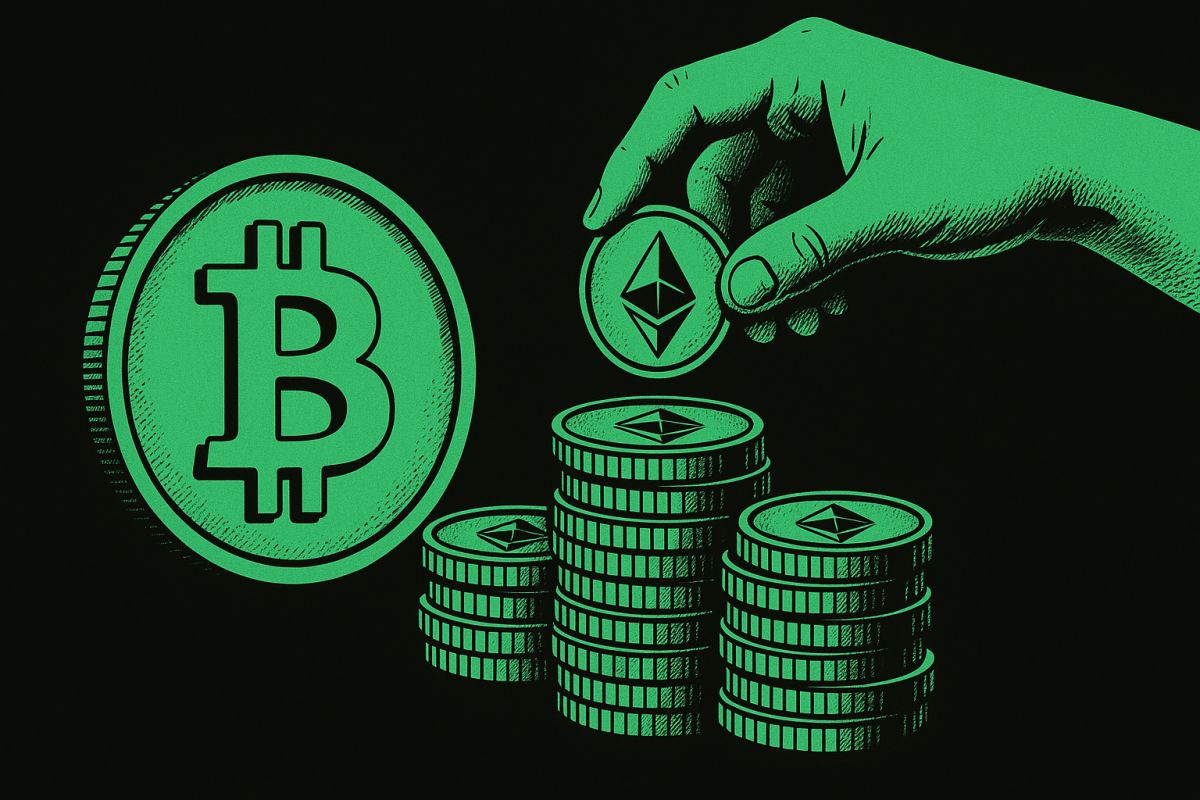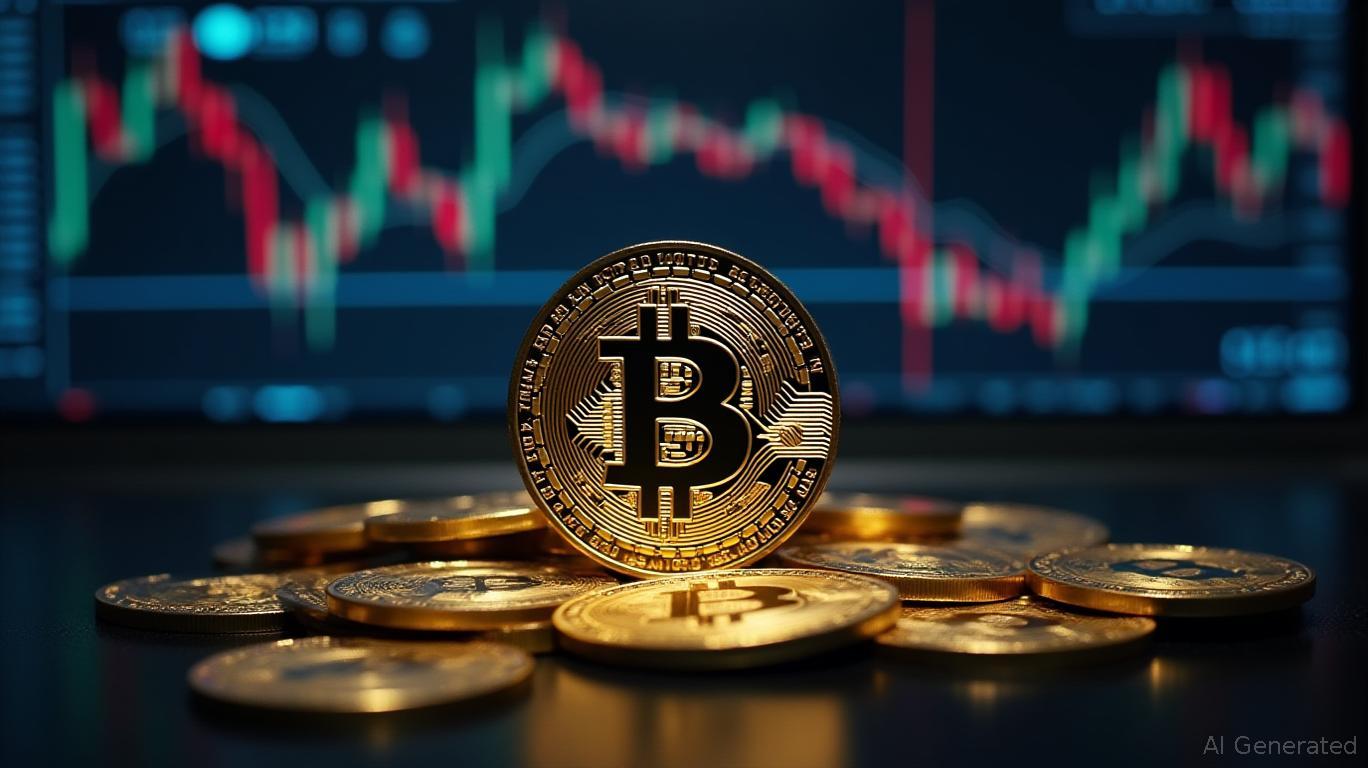Denmark Drops Chat Control to Safeguard Encryption Standards
- Denmark withdraws EU Chat Control proposal to protect encryption standards, avoiding mass surveillance of encrypted messages on platforms like WhatsApp and Signal. - The abandoned initiative faced criticism for undermining privacy rights and weakening end-to-end encryption, a key safeguard for secure digital communication. - Tech firms and privacy advocates celebrated the move, calling it a victory for digital freedoms while urging continued protection of encryption against state overreach. - A new EU ag
Denmark has decided to drop its divisive EU Chat Control proposal, a development welcomed by privacy supporters and technology firms as a major win for digital freedoms. The plan, which would have required encrypted messaging platforms such as WhatsApp, Signal, and Telegram to scan user messages, was officially retracted by the Danish government, which currently leads the European Council, according to a
Originally introduced in May 2022, the Chat Control legislation aimed to force messaging platforms to permit authorities to inspect content prior to encryption, with the stated goal of curbing illegal content. A revised draft was brought forward this year, sparking renewed controversy over its potential impact on end-to-end encryption—a fundamental element of secure online communication, as noted in a

This decision has been described as a practical measure to prevent a regulatory gap. The current voluntary system for scanning encrypted messages is set to expire in April 2026, and Hummelgaard stressed the importance of reaching a new agreement before then. Without a solution, the EU would lack the legal means to address the misuse of messaging platforms, he warned. Nevertheless, detractors argue that the proposal’s dependence on widespread surveillance renders it unacceptable.
Organizations advocating for privacy, such as the Electronic Frontier Foundation (EFF), have consistently criticized Chat Control, labeling it an excessive measure that endangers basic human rights. EFF activist Thorin Klosowski urged lawmakers to stop seeking ways to circumvent encryption under the pretext of public safety. "This kind of surveillance isn’t just excessive; it’s a direct threat to core human rights," he commented.
Major technology companies and industry representatives have also welcomed the decision. X (previously Twitter) described the withdrawal as a "significant blow to mass surveillance proponents," while stablecoin issuer Circle called it a "major victory for digital rights in the EU." Patrick Hansen, Circle’s EU policy lead, emphasized the critical role of encryption in protecting privacy.
The Danish government’s reversal underscores the ongoing conflict between privacy and security in the digital era. While supporters of Chat Control claim it is essential for fighting crime, critics caution that it could set a troubling example of government overreach. "As long as lawmakers misunderstand how encryption works, message-scanning initiatives cannot succeed," Klosowski added.
With Ireland poised to take over the EU Council presidency in July 2026, the conversation about digital privacy is set to continue. The incoming leadership will face the complex task of balancing law enforcement objectives with the protection of civil liberties, requiring careful solutions that do not undermine encryption. For now, Denmark’s decision to pull back from Chat Control offers a temporary win for privacy defenders, though the larger debate over digital rights is far from settled.
Disclaimer: The content of this article solely reflects the author's opinion and does not represent the platform in any capacity. This article is not intended to serve as a reference for making investment decisions.
You may also like
Bitcoin Down 6% as Ethereum, Solana, Dogecoin, and Cardano Suffer Heavy Losses

Grayscale Officially Recognizes Shiba Inu — $SHIB Joins FTSE Grayscale’s “Consumer & Culture” Crypto Sector

Bitcoin Updates: Early Bitcoin Holders Transfer $1.85 Billion Worth of BTC to Exchanges, Fueling Discussions on Market Fluctuations
- Bitcoin OGs BitcoinOG and Owen Gunden transferred $1.85B BTC to exchanges like Kraken, sparking volatility concerns amid $108k consolidation. - Analysts warn deposits often precede market swings, with BitcoinOG's pattern mirroring prior short-positioning cycles and Gunden's activity signaling strategic liquidity moves. - Short-seller activity intensifies, with $760M in ETH/BTC shorts and $819M in potential liquidation risks if prices drop below $112k, highlighting leveraged positioning trends.

XRP News Today: XRP ETFs and MoonBull Presale Take On Ethereum's Lackluster Progress
- XRP and MoonBull ($MOBU) lead November 2025 crypto momentum as Ethereum stagnates below $3,847. - XRP ETFs attract $1B+ inflows since March 2025, while MoonBull's $500K+ presale offers 9,256% ROI potential via 23-stage tokenomics. - SEC's November 14 XRP ETF decision could trigger $3.40–$4.20 price surge, with 99% approval probability on Polymarket. - Ethereum struggles with bearish RSI and 3% supply accumulation by BitMine, contrasting stablecoin volume surging to $2.82T in October. - Market dynamics hi
